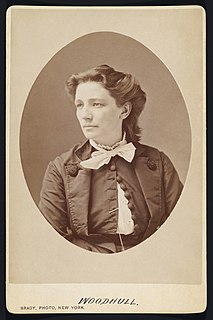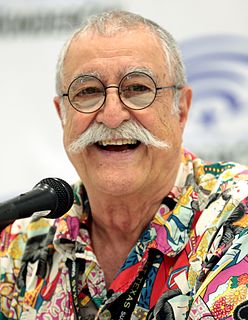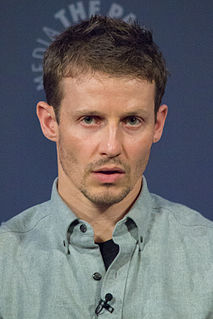A Quote by Edward Norton
I start to get fixated on a story and a character and an idea, and at a certain point, I really want to do it. It's a compulsion to explore a specific thing, as opposed to a compulsion to direct, generally speaking.
Related Quotes
There are three things we have to let go of. The first is the compulsion to be successful. Second, is the compulsion to be right-especially theologically right. (That's merely an ego trip, and because of this "need" churches split in half, with both parties prisoners of their own egos.) Finally, there is the compulsion to be powerful, to have everything under control.
There have been times I thought that when I got a certain point in the story, a certain character was going to do a certain thing, only to get to that point and have the character make clear that he or she doesn't want to do that at all. That long phone conversation I thought the character was going to have? He hangs up the phone before the other person answers, and twenty pages of dialog I had half written in my head go out the window.
Generally speaking, there's some quality of compulsion that attaches itself to the idea of the list. It's true that lists organise the daily chaos of working life. But the impulse to make lists has to do with something more than either administrative practicalities or the record of a creative process.
When I'm writing a book, generally I start with the mood and setting, along with a couple of specific images?things that have come into my head, totally abstracted from any narrative, that I've fixated on. After that, I construct a world, or an area, into which that general setting, that atmosphere, and the specific images I've focused on can fit.
A comic book is the opposite of a cartoon. In a cartoon, you want to simplify the idea, so when they look at it at a glance, they get it. Boom. Simple. Direct to the point. But when you're drawing Groo, now it's a narrative, a story. You want the viewer to get involved in the story. You want him to feel like he's in the town to follow your main character. So I love to add lots and lots of things in it. Things that people will enjoy going back to and say, "Oh yeah, that's how a market must have looked in this fantasy world, with people selling meat here and dishes here."
I never really approach any project or story thinking of themes first or what a certain character 'represents.' Maybe other writers do, but for me, it just starts with the characters and a certain emotion I want to convey. It usually isn't until I get deeper into a book and look back a bit that I start to see the themes, etc.
I don't go through a torturous intellectual process to decide what to direct. I know what I want to direct the second I read something or hear a story. I just know when it grabs me in a certain way I want to direct it. And then I spend the next four to six months trying to talk myself out of it, because directing is really hard! But it's true, I know essentially when and what I want to do next... it's an undeniable feeling I get and it's not the same feeling I get when I wind up producing something.




































